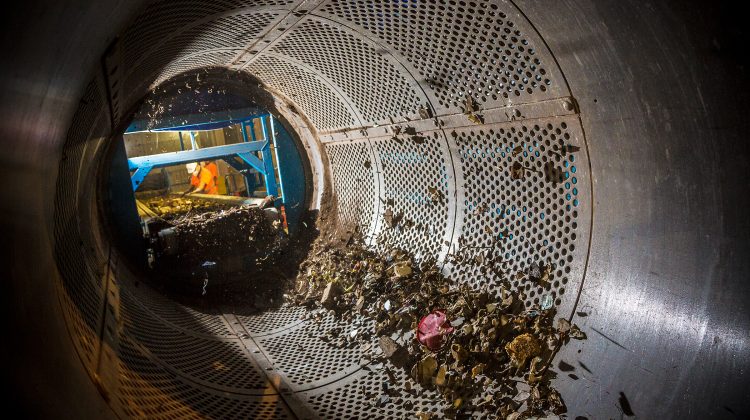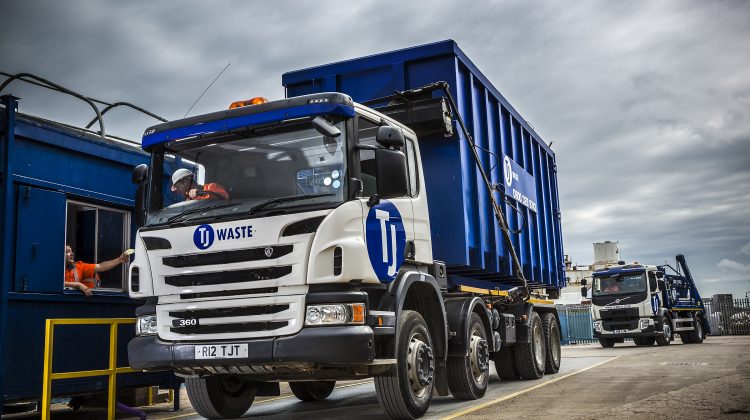UK recycling rates are not as high as they should be – fact. Whilst it is clear what the common recyclables are – paper, cardboard, plastic bottles, tins, cans and glass – what about everything else?
At TJ Waste, we’re dedicated to diverting as much waste as possible from landfill and to do that we are continuously seeking new recycling routes for a range of tricky materials to ensure that everything that can be, is being reused.
We put a lot of time and effort into forming partnerships with various recycling facilities in and around Hampshire and beyond to find the best routes for different materials – particularly difficult to recycle materials – to do as much as we can to help the planet.
Difficult to recycle materials – how can we help?
Hard plastics
We are continuously searching for new and innovative ways to improve plastic recycling methods and rates. In 2019, we established a new recycling process for certain types of plastics, and soon realised that the method could be utilised with one of our clients, Jude’s Ice Cream. Jude’s unwanted plastic ice cream tubs and offcuts are ideal for the process; the plastic tubs are made into a new product – pellets – which can be moulded into new plastic products. The latest equipment for recycling plastic materials is used in this recycling process to ensure that the highest quality products are maintained.
WEEE
All Waste Electrical and Electronic Equipment (WEEE) contains chemicals that are harmful to the environment. When WEEE is dumped in landfills, it decays over time and leaks toxins into the earth and our waste systems. It should be disposed of correctly to ensure treatment, recycling and recovery of the elements that make up the equipment. We offer a collection service that will ensure your WEEE waste goes to the correct place.
Mattresses
In 2020, we established a recycling route for mattresses, which up until then, would often have ended up in landfill. We have a contract with an organisation to dispose of large numbers of used mattresses each year, so this new route will make the process easier as well as more eco-friendly.
The mattresses are transported to the facility in Kent. Once there, the mattresses are taken apart to separate the different materials. Most modern mattresses are made of different types of foam with a textile covering; these are categorised so that each can be recycled separately. Get in touch to find out more about this service…
Fridge freezers
We’re able to provide a collection service for the removal and disposal of fridge freezers utilising our Man and Van service. Our fleet of 7.5 tonne box vans and accompanying TJ drivers will collect unwanted items and we liaise with recycling partners to ensure they are directed down the most appropriate recycling route.
Plasterboard
Plasterboard must be disposed of correctly to ensure there are no ill effects. Plasterboard contains gypsum, a soft sulfate mineral composed of calcium sulfate dihydrate, so if plasterboard is disposed alongside biodegradable wastes it can lead to the production of odorous and toxic hydrogen sulphide gas. The current plasterboard waste management regulations state that plasterboard has to be disposed of separately to prevent this.
Plasterboard should be recycled wherever possible. The gypsum can be removed to enable the remaining parts to be separated and recycled back into raw materials for reuse. Recycling is important and advantageous because it reduces the amount of waste going to landfill and produces a useful resalable product. Please get in touch to enquire about our plasterboard removal and recycling service…
Upholstered furniture / POPs
Persistent organic pollutants (POPs) are highly hazardous chemical pollutants that present a serious global threat to human health and to ecosystems. Historically POPs were used in the manufacture of upholstered domestic seating such as sofas, armchairs and dining chairs – specifically any furniture that has been made using foam padding or textiles.
Whilst many manufacturers stopped using materials that contained POPs between 2002 and 2011, there are concerns that imported furniture may have contained offending chemicals as late as 2019. As the cost of checking if seating contains POPs prior to disposal would prove inhibitive, the advice is that all upholstered domestic seating should be incinerated as a precautionary measure. Check out the gov.uk website for further information.
Whilst we are not recycling POPs items, we do ensure that they do not go to landfill, which would be hazardous. Instead, our Man and Van service will collect your old sofas and upholstered furniture and ensure they are incinerated, the approved safe disposal method.
Our Materials Recovery Facilities
We have four Material Recycling Facilities (MRFs) dotted along the south coast at Southampton, Tipner, Portsmouth and Yapton. These are where we take all collected waste back to for sorting and segregation. We also offer a tipping service at our MRFs whereby commercial vehicles can bring their waste for disposal. Waste is charged per tonne, with a half-tonne minimum. To unload, you must be wearing PPE and hold a waste carrier’s licence.
Energy from Waste
With anything that simply cannot be recycled, our preference is to go down the incineration route. This ensures that the waste is not going to landfill and that it can potentially be used to generate Energy from Waste. This is the process of generating energy – either electricity or heat – by burning waste via a variety of processes. It can be a form of energy recovery and is sometimes referred to as a circular economy because it encourages a continual use of resources.
Tips for effective home recycling
- If you have items that are made up of different materials, such as padded envelopes, remove the paper from the bubblewrap carefully and recycle the paper.
- With items such as takeaway coffee cups, remove the plastic lid from the paper cup and recycle the cup. Be sure to wash out the cup to avoid contamination.
- If your council recycling collections do not allow items such as glass and textiles, collect these separately and take them to bring banks – these are dotted around communities, usually near shops or in car parks.
- Large retailers such as Tesco offer a recycling service for soft plastics such as crisp packets and outer packaging. Save yours up and take it regularly.
- Consider food composting – for the one-off cost of the bin, you’ll get a great outlet for all your food scraps which will, over time, turn into nutrient-filled compost which can be used in your garden.
Find out more about our services and the work we do to reduce our carbon footprint…







